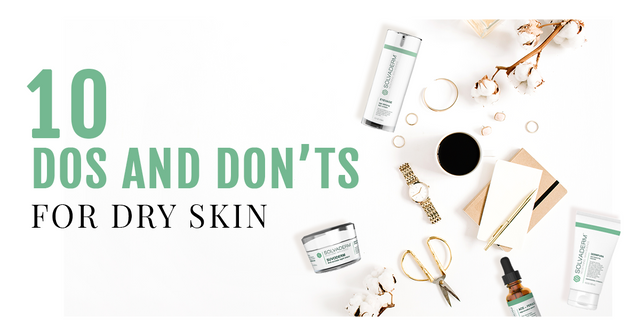For individuals with oily skin, it’s a chore to constantly blot excess grease from the T-zone throughout a busy day. Fortunately, there may be ways to keep excess oil at bay and gain some control over your shiny complexion.
It could be that your diet is contributing to excess oil on your face. Overly-greasy skin occurs when the sebaceous glands produce more sebum than necessary. This can lead to surplus oil and, subsequently, enlarged pores, whiteheads, blackheads, and acne. Eating a diet rich in healthy foods and reducing your intake of unhealthy, processed and fried foods can help improve your skin’s oil balance and complexion.
We've put together a list of foods that can lead to excessively oily skin, as well as some healthy choices to help effectively manage it:
Foods to Avoid:
- Refined carbohydrates and high-glycemic foods such as white pasta, white bread, pretzels, cakes, cookies, and cold cereal. Experts say these foods can activate hormonal signals that may elevate IGF-1, an insulin-like growth factor, which can ultimately cause inflammation and excess sebum production in the skin.
- Dairy foods, such as cheese and yogurt that include cow’s milk, may increase the production of hormones that cause oily skin.
- Saturated fats that are found in red meats, butter, and cream can increase inflammation in the skin, which increases oil production.
- Trans fats, listed as partially-hydrogenated or hydrogenated vegetable oil in processed foods, also promote over-production of hormones and a greasy complexion. These include most fast foods and boxed snacks at the grocery store.
- Spicy foods can cause an inflammatory response in the body, causing you to get overheated and start sweating. Excessive perspiration can actually trigger oils to be released into the skin.
- Excess alcohol. Alcohol can also make your face red and start to sweat, which leads to oil production.
Foods to Include:
- Healthy fats including walnuts, pumpkin seeds, or flax seeds, which contain omega-3 fatty acids. Also, fish like salmon and herring are great sources of omega-3s.
- Plenty of fruits and vegetables. These are packed with vitamins and nutrients that contribute to a healthy complexion.
- Whole-grain bread and pasta, oatmeal, sweet potatoes, and beans.
- Non-dairy alternatives like almond, rice, or coconut milk.
- Water, water, and more water! It’s important to stay hydrated throughout the day.
Along with a healthy diet, an effective skincare regimen for oily skin should include use of a clarifying cleanser such as Rejuvoderm, followed by a hydrating toner like Maxatone to control excess oil production. Adhering to these simple guidelines should help improve your oily skin and give you the beautiful complexion you are craving.
More stories

Skincare for Normal Skin - Ways to Keep Your Skin Healthy & Glowing



